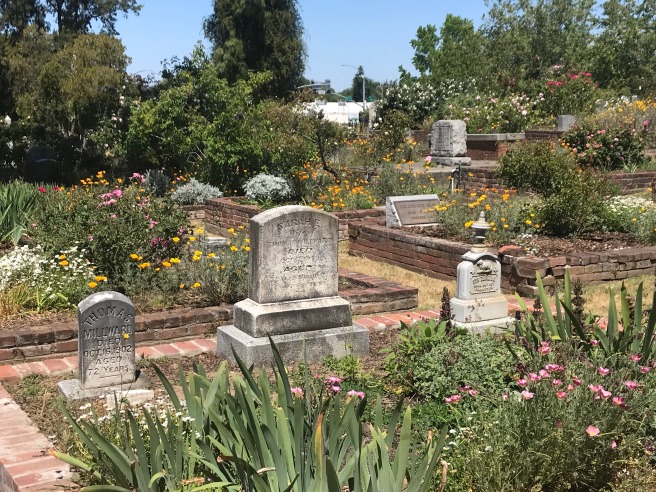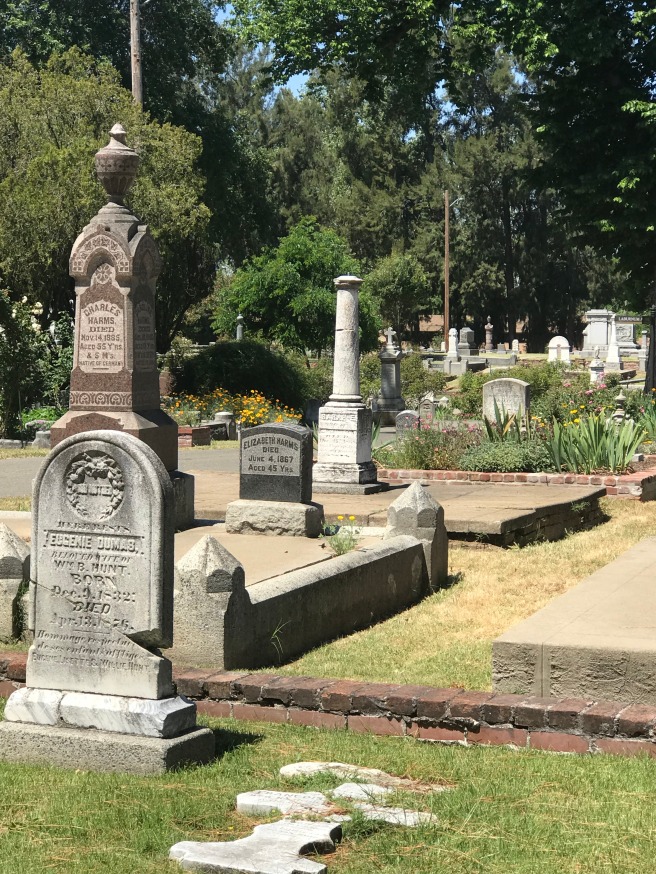I shared in the last blog post that I was examining two assumptions:
- You must work hard, suffer even, for “real” progress in health, understanding or enlightenment.
- There is an afterlife.
 The first assumption is re-enforced every time I get a prescription for antibiotics: you must take every pill even long after you are feeling better. It is the idea of counseling or therapy: you must work through every issue–there are no shortcuts. I have “done the work” in my life. No liquid diet fasts for me. Just exercise and lots-of-work diets.
The first assumption is re-enforced every time I get a prescription for antibiotics: you must take every pill even long after you are feeling better. It is the idea of counseling or therapy: you must work through every issue–there are no shortcuts. I have “done the work” in my life. No liquid diet fasts for me. Just exercise and lots-of-work diets.
Then Michael Pollan shared that in the clinical trials treating depressed cancer patients with psychedelic medicines experienced real measurable improvement 80% of the time. This is well beyond the 30% rates of anti-depressants and without the considerable side effects of drugs like Prozac. Only terminal cancer patients were allowed in the studies so it is impossible to know how long the benefits might have lasted or if later side effects might appear. Still, it is remarkable for its potential.
Rather than making me want to take a guided trip, I found it encouraging with regards to my reliance on acupuncture to resolve my chronic pain. I do not understand how acupuncture works but it is dealing with the underlying causes and it manages energy. To me though, it seems relatively easy compared to other therapies, especially ones that require me to relive childhood trauma. Reconsidering my assumption around the requirements of a lasting cure helped me put my faith in the possibility of good to great outcomes from acupuncture.
It also helped me look at the role prayer plays in my healing. I’ve been shy about asking for prayer. I’ve always said I believe the creator of the universe can miraculously heal people if S/He chooses and I pray for this kind of healing for others, and yet I’m reluctant to ask for it for myself. I consider myself one of the undeserving, or that I can only ask after I’ve tried to make every other remedy work. I’m ready to revise my assumptions regarding spiritual healing.
What about the afterlife? Michael Pollan and Ezra Klein both called themselves materialists and as such they believe our brains generate consciousness, thus our selves cease when our body dies. Pollan admitted that some scientists suggest consciousness exists outside of our selves and therefore, it might be possible that subject’s in the clinical trials really did experience mystical or spiritual epiphanies. As a person of faith I do not have much trouble reconciling this.
 My qualms about the afterlife is the American Christian culture’s complete fixation with it to the exclusion of asking “how should we live today?” I have been reading Rob Bell‘s What is the Bible? as a kind of devotional. And his chapter on the Good Samaritan rocked my world in a number of ways. And one of those is that when the lawyer asks Jesus, how do we get eternal life? He wasn’t asking about the afterlife. We have somehow twisted “eternal life” from the abundant life God’s people should be experiencing every day while we live here now in relationship with the Divine, to a cushy deal after we die. So much of our faith experience is now simplified to “accepting Jesus Christ as your Savior” and then going back to a judgey, non-loving attitude about our neighbor.
My qualms about the afterlife is the American Christian culture’s complete fixation with it to the exclusion of asking “how should we live today?” I have been reading Rob Bell‘s What is the Bible? as a kind of devotional. And his chapter on the Good Samaritan rocked my world in a number of ways. And one of those is that when the lawyer asks Jesus, how do we get eternal life? He wasn’t asking about the afterlife. We have somehow twisted “eternal life” from the abundant life God’s people should be experiencing every day while we live here now in relationship with the Divine, to a cushy deal after we die. So much of our faith experience is now simplified to “accepting Jesus Christ as your Savior” and then going back to a judgey, non-loving attitude about our neighbor.
At the suggestion of my friend Rebekah I listened to the Liturgists podcast interview with Rob Bell, when Michael Gungor and the other podcast host who goes by Science Mike ask questions about this book. I’m listening to an intelligent and uplifting conversation when I realize that this men are part of a growing club of people tossed out of Club Evangelical for questioning assumptions about our faith. And yet the gospels are stories after story of Jesus asking and answering questions, sometimes with more questions. These three and others also tossed out are postmodernists, whereas, the older, grayer leaders of the E. movement, such as it is today, are traditionalists or modernists. Don’t question the relatively recent constructs of what it means to be born again and who God loves and doesn’t love or risk being ostracized.
I am realizing that I believe in a consciousness outside of myself and God, and I believe that my soul or conscious goes on in some way beyond death; however, it doesn’t matter so much to me anymore. It pales in importance to the prime directive which is to be a vessel for God’s love in the world–to be living the abundant, spirit-filled life that God offers me. I’m so far from that right now and I’d rather get after that and let the after death question take care of itself.

YES!! to your last paragraph.
LikeLiked by 1 person
Hi Julie!
YOU are now on my prayer list! I know how great it is to have that support after my cancer challenge.
We are on the same path RE: wondering about afterlife. Isn’t life interesting?
Alex is an acupuncture doctor and, like you, I have no idea how it works, but I know it does. Another good mystery!
Much love,
Kathy
LikeLiked by 1 person
I recently lost my Dad, and I wonder if I will ever see him again. I want to believe that I will, but don’t want to deceive myself just because it gives me false hope. But at the same time i cannot conclude there is no afterlife either , so I keep wondering. Are we simply part of a bigger organism? Are we individual beings? Where does consciousness after our hearts and brains stop working ?
LikeLiked by 1 person